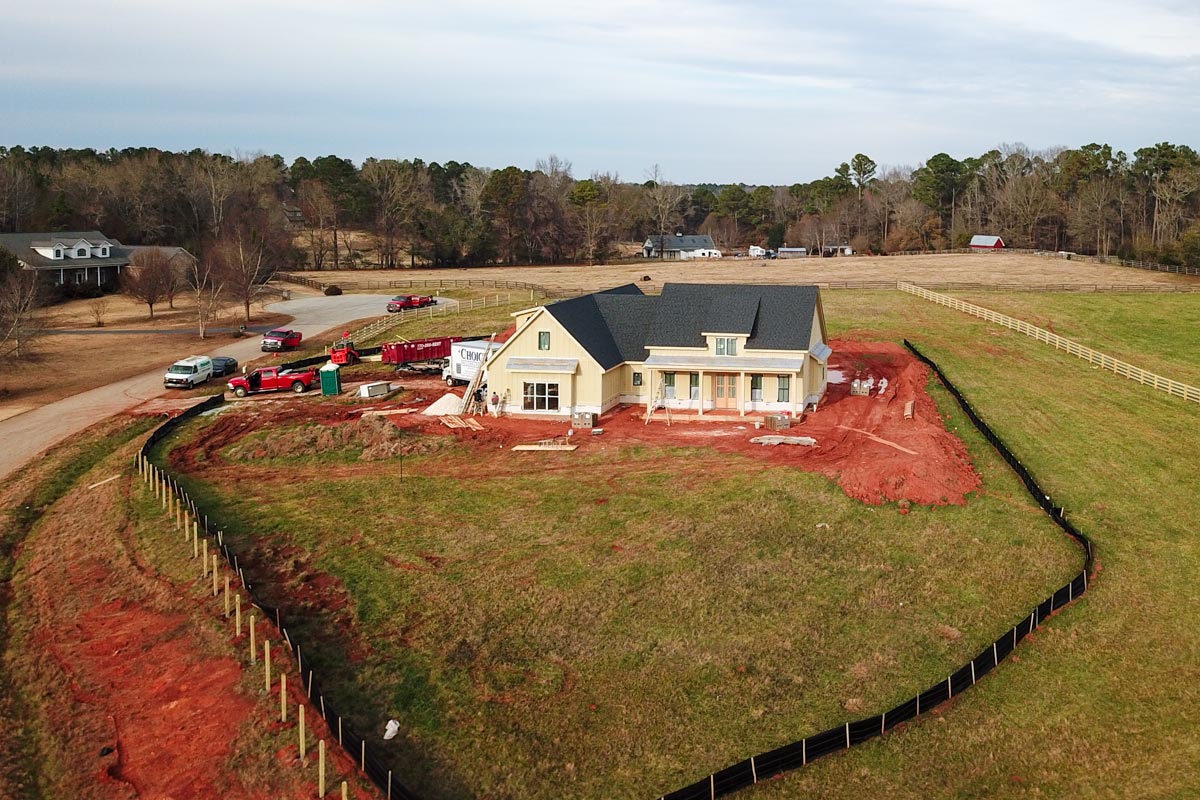Questions when Buying Land

The idea of settling down on a picturesque piece of property, away from the daily hustle and bustle of city living, has a broad appeal. Excitement increases when stepping foot onto an untouched parcel of land, but with that a slew of questions unfold. This article will help uncover the right questions to ask the seller, and other public officials, before pulling the trigger on the ideal property.
First and foremost, talk with your family about the property in question. Make sure to visit the site during different times of day, and if possible, when it rains or snows to learn if the property remains soggy or has drainage issues.
- Do you like the views? Sunlight throughout the day?
- Do you like the neighborhood? Local schools? Taxes?
- Will you have a commute to work, groceries, or medical care?
- Is the land and associated costs within your budget?
- How will the site look in 5 years? Is there other nearby development that could change what you currently like about the property?
Questions for the Seller, or Seller’s Agent
The seller, or the seller’s agent, is the best place to start asking questions. Make sure to follow up with the appropriate town officials and confirm that the information is reliable, if proper documentation is not provided.
- Is the lot buildable?
- Any liens? Right-of-ways? Easements? Covenants? Other deed restrictions?
- Is electrical power, natural gas, water, and sewer accessible to the site?
- Are the property boundaries clearly defined?
- Will there be a HOA (homeowners association) fees?
- Does the site have drinkable water?
- Has a septic system been designed? A perc test completed?
- Is there construction plans for surrounding land?
Questions for the Utility Companies
Talk with the seller, or neighbors, about what utility companies service the area. You may want to provide a site map with the location of where your home will reside on the property. For power and natural gas, ask each company what the total cost will be, including fees, trenching, and meter installation. For power, will the lines be run underground? If on poles, are there any obstructions that need to be considered or removed?
You will want to determine your options for phone, cell phone, cable, and high-speed internet. Can you reduce costs by combining multiple services from one company, and what are the setup and monthly fees?
Visit the Building and Health Departments
A trip to the building and health department will be your next step. Depending on your town, there may be some overlap on the topics handled by either building or zoning.
Building Department
- Can you place the home on the property where you want?
- Are there restrictions on the size of house, height, lot coverage, etc?
- How many bedrooms are allowed and are there setback requirements based on your plan?
- Is there adequate access to the home and is the road publicly maintained?
- What are the costs for permits, and other fees?
Health Department
- Is there sewer service? If so, what are the connection costs and fees?
- Has a perc test been completed, and what type of septic system is permitted?
- Any known problems in the surrounding area with respect to water quality or well yield? If poor soil for a septic system, what are the alternatives?
You will also want to contact the planning and zoning department to confirm your home plan complies with zoning. Determine that the lot was subdivided legally and whether there are any restrictions that should be noted.
When possible, try and get the answers in writing and keep records of all of the information gained. Beware of phrases like “you should be able to” or “I don’t know why that would be a problem.” If this is a theme with a particular contact, go to the proper authorities for a definitive answer.













